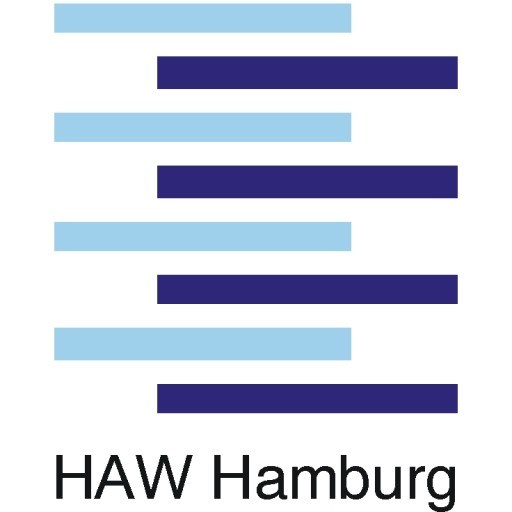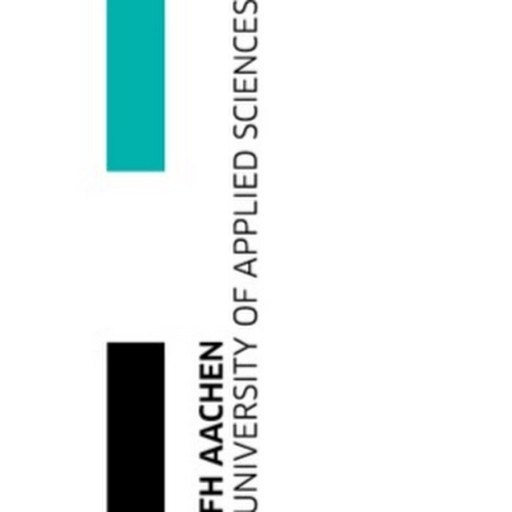Photos of university / #uniheidelberg
The Bachelor's degree program in Biomedical Engineering at Heidelberg University offers a comprehensive education at the intersection of engineering, biology, and medicine. This interdisciplinary program is designed to equip students with the fundamental principles of engineering sciences, along with in-depth knowledge of biological systems and medical technology. Students will learn to develop, analyze, and improve medical devices, diagnostics, and therapeutic systems, contributing to innovative healthcare solutions. The curriculum covers core subjects such as biomechanics, medical imaging, sensor technology, biomaterials, and neural engineering, providing a solid foundation in both engineering techniques and biological sciences. Practical training is emphasized through laboratory courses, project work, and internships, enabling students to gain hands-on experience in biomedical research and development environments. The program also fosters critical thinking, problem-solving skills, and teamwork, preparing graduates for diverse career paths in industry, research institutes, and healthcare institutions. Heidelberg University supports international exchange programs and collaborative projects, offering students opportunities for global engagement and interdisciplinary cooperation. Graduates of the program will be well-equipped to participate in advancing medical technology, improving patient care, and contributing to developments in personalized medicine and healthcare innovation. The program's distinguished faculty and state-of-the-art facilities ensure a high-quality educational experience aligned with current scientific and technological advancements in biomedical engineering.
Educational organisation
All taught courses and laboratory rotations are covered in the first three semesters. Students gain fundamental knowledge in anatomy, physiology, genetics, biophysics and engineering mathematics through mandatory introductory courses in their first study semester. These courses are the basis for advanced courses in radiation therapy, nuclear medicine, medical imaging as well as computational medical physics. These advanced courses can be selected according to students' interests. Students deepen their knowledge in the second and third semesters through practical laboratory rotations and further advanced lectures in image analysis, scientific visualisation, bioinformatics, and computer science-related fields in biomedical engineering. The final semester is reserved for the Master's thesis and a final examination on the overall content of the programme.Study abroad unit(s)
Students have the option to enrol in the joint degree programme with our cooperating partner. Additionally, excellent students may be offered the option of undertaking their Master's thesis abroad at one of our cooperating partner institutions.Forms of assessment
Most taught courses are evaluated through written or oral examinations. In some courses, students are examined by means of group or individual projects. The laboratory rotations are evaluated by written reports and oral presentations. The programme is concluded by a final defence of the thesis as well as an oral exam on the overall contents of the programme.Course objectives
Graduates have career prospects in the health/life science industry, e.g., in hospitals, research organisations, and industry (e.g., producers of biomedical instruments/imaging systems, healthcare-oriented software, pharmaceutical industry).Language requirements
Students whose first language is not English must provide evidence of proficiency. A minimum IELTS band 6.5 or equivalent TOEFL score is required. Exemption from this requirement may be granted to applicants who have completed their higher education in English (written proof is required).Academic requirements
Bachelor's degree or equivalent (minimum 180 ECTS) in physics, computer science, medical technology, biomedical engineering, or mathematics. A strong basis of knowledge in physics, computer science, and mathematics is an essential prerequisite (minimum of 6 ECTS credits each).Enrolment fees
Enrolment fee: approx. 150 EUR per semesterSemester ticket: approx. 150 EUR per semester










